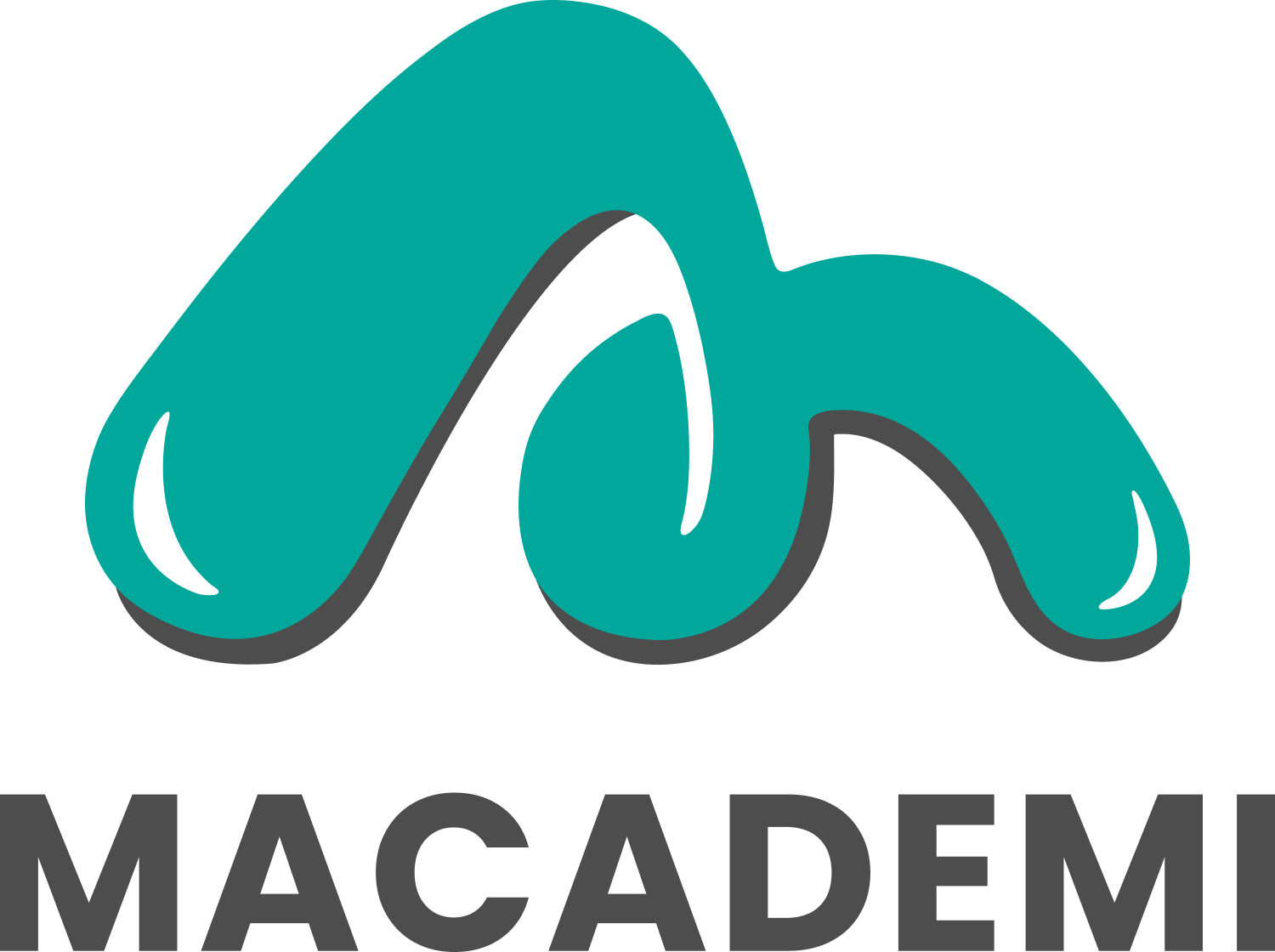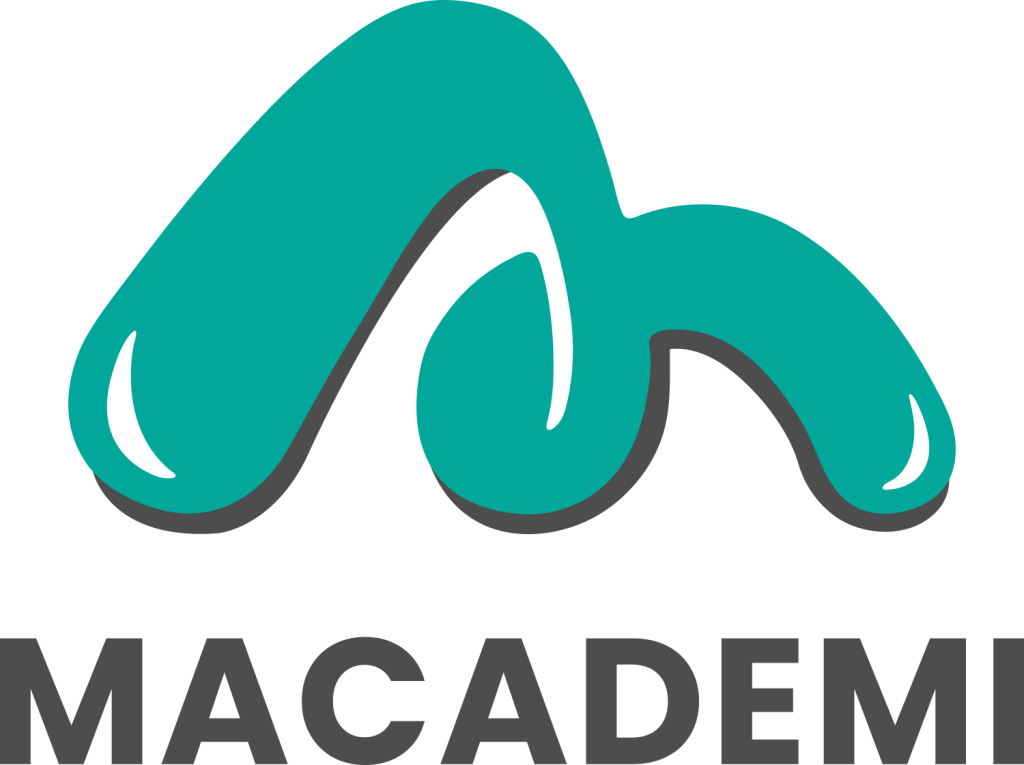Certified Artificial Intelligence (AI) Practitioner

The Certified Artificial Intelligence (AI) Practitioner course prepares participants to develop AI and Machine Learning (ML) solutions for solving business problems. Covering a range of techniques, including regression, classification, clustering, and neural networks, the course equips learners with practical skills to design, deploy, and maintain AI systems. It emphasizes a structured workflow for building AI solutions, making it an essential program for data-driven decision-makers.
This course is ideal for:
- Data Scientists and Analysts seeking to enhance their AI and ML skills
- Software Developers aiming to create intelligent applications
- Business Analysts interested in AI-driven decision-making
- IT Professionals exploring AI-based operations and solutions
- AI and ML Fundamentals: Understand core concepts and methodologies.
- Data Preparation: Learn to clean, preprocess, and engineer data for ML.
- Model Development: Build and evaluate models, including regression, clustering, and neural networks.
- Deployment and Maintenance: Operationalize AI systems and maintain ML pipelines.
By the end of this course, participants will:
- Solve business problems using AI and ML techniques.
- Train, evaluate, and tune various machine learning models.
- Develop and operationalize AI solutions for production environments.
- Maintain AI models with robust monitoring and automation practices.
Module 1: Solving Business Problems Using AI and ML
- Identifying AI and ML solutions for specific business challenges
- Formulating machine learning problems
- Selecting suitable AI/ML approaches
Module 2: Preparing Data
- Collecting and transforming data for machine learning
- Feature engineering techniques
- Handling unstructured data
Module 3: Training, Evaluating, and Tuning Models
- Training machine learning models
- Evaluating model performance
- Fine-tuning models for accuracy and efficiency
Module 4: Building Advanced Models
- Linear regression and forecasting models
- Classification models: Logistic regression, k-Nearest Neighbor
- Clustering models: k-Means and hierarchical clustering
Module 5: Building Decision Trees and Neural Networks
- Decision Trees and Random Forests
- Support Vector Machines (SVMs) for classification and regression
- Artificial Neural Networks (ANN): Multi-Layer Perceptrons, CNNs, and RNNs
Module 6: Operationalizing AI Models
- Deploying AI models in production
- Automating processes with MLOps
- Integrating AI systems with enterprise workflows
Module 7: Maintaining AI Systems
- Ensuring data security in pipelines
- Monitoring and retraining models
- Troubleshooting and improving operational AI systems
–
Participants can pursue the Certified AI Practitioner certification to validate their skills in AI concepts and tools.
- Exam Code: AIP-210
- Accreditation: ISO/IEC 17024:2012
- Certification Outcome: Demonstrates expertise in AI and ML for various job functions.
Participants should have:
- Familiarity with data science processes, including data preparation and analysis
- Knowledge of statistical concepts, such as probability and summary statistics
- Basic programming skills and understanding of data visualization methods



